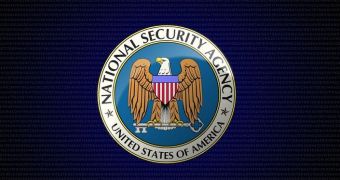The NSA surveillance reform bill, also known as the USA Freedom Act, has easily passed another vote in the House. While this may sound like good news, it’s actually mixed, because the bill has lost most of its shine as politicians polished it until there’s barely anything left from it.
The Freedom Act passed with 303 votes in favor and 121 against, setting a clear trend for the Congress.
However, the bill that offered US politicians the chance to put an end to mass surveillance by banning the bulk collection of phone records, Internet records and more, got edited so much that there’s barely anything left of the backbone it once had.
It’s gotten so bad, in fact, that civil liberties advocates have withdrawn support for the bill since it no longer puts an end to bulk surveillance at all, and, in fact, facilitates the authorization of some things that were already questionable. For instance, the NSA’s ability to perform “about” searches, rather than just “to” and “from” searches. This means that the intelligence agency is allowed to look through the contents of emails to search for information about a certain individual you may mention in discussions with another individual.
While it’s true that these groups no longer support the Freedom Act, they’re not opposing it either, because this is still the best option out there, especially compared to some other bills that are waiting their turn to go through the voting process.
The bill has suffered so many changes, in fact, that even the White House has decided to show support for it, which is a bit uncommon. In fact, last year, following the first revelations, a bill that was supposed to put a stop to the metadata collection program was repelled in Congress following lobbying efforts from the intelligence community and the White House.
“The Administration strongly supports House passage of the USA Freedom Act. The President called on Congress to enact important changes to the Foreign Intelligence Surveillance Act,” the file reads.
“The bill ensures our intelligence and law enforcement professionals have the authorities they need to protect the Nation, while further ensuring the individuals’ privacy is appropriately protected when these authorities are employed,” the White House wrote about the bill.
The Freedom Act was created by Jim Sensenbrenner, who also authored the Patriot Act many years ago. Section 215 of the Patriot Act has in fact been used by the intelligence community to justify its mass surveillance efforts, something that Sensenbrenner has condemned. Freedom Act was supposed to fix the loophole.

 14 DAY TRIAL //
14 DAY TRIAL //